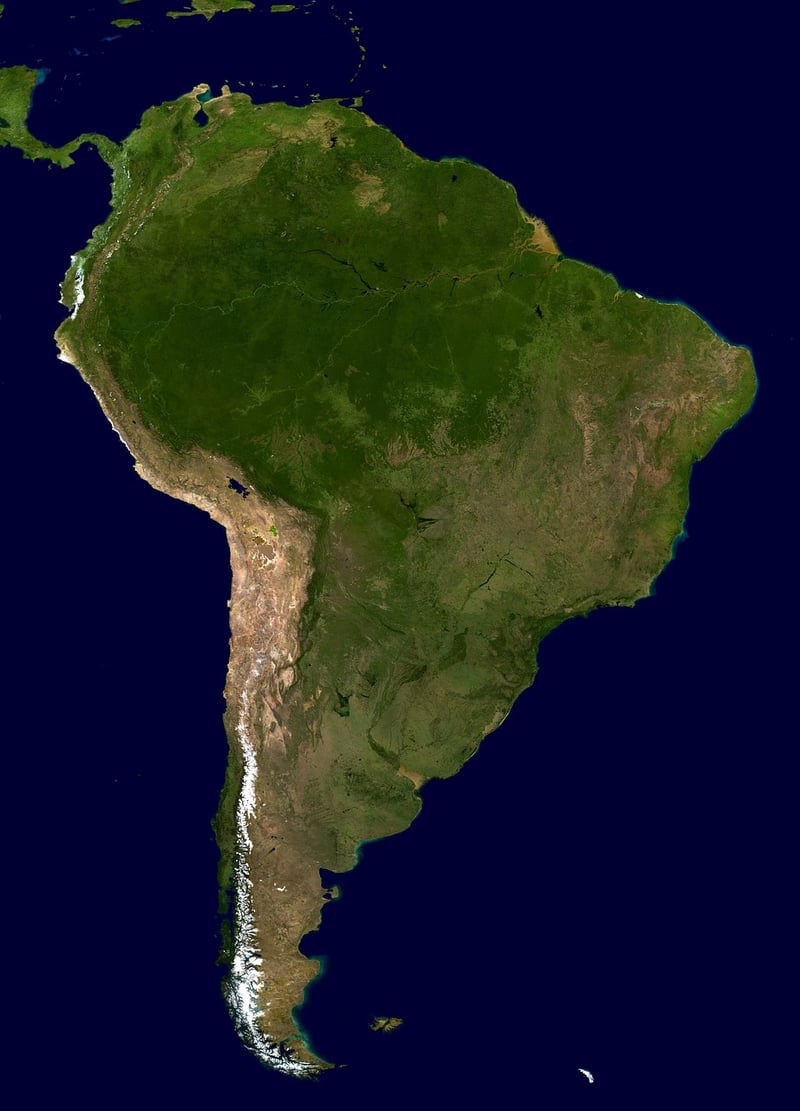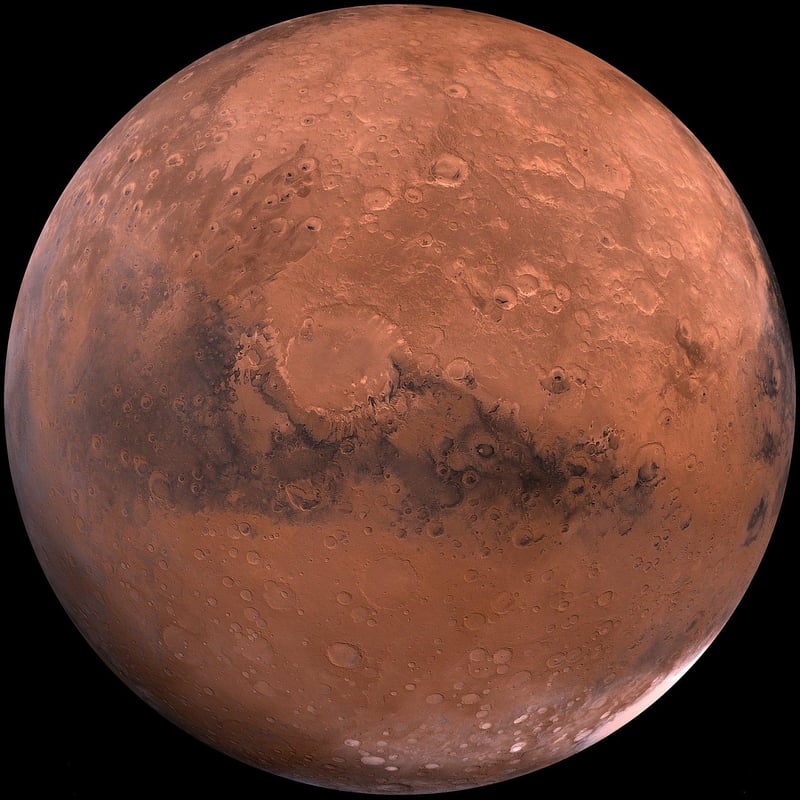Orbital habitats
The Future of Habitats: Orbital Habitats
In the quest for exploring new frontiers and overcoming the limitations of our planet, scientists and visionaries are looking towards the concept of orbital habitats as the future of human habitation beyond Earth. These space-based settlements offer a unique perspective on sustainable living and open up possibilities for long-term space exploration and colonization.
What are Orbital Habitats?
Orbital habitats are self-sustaining structures located in space, designed to support human life in the harsh environment outside Earth's atmosphere. These habitats can vary in size and complexity, from small research stations to large-scale colonies capable of housing thousands of people. They rely on advanced technology to provide essentials such as air, water, food, and protection from cosmic radiation.
Benefits of Orbital Habitats
- Exploration: Orbital habitats serve as stepping stones for further exploration of the cosmos, allowing humans to push the boundaries of space travel.
- Sustainability: By harnessing resources available in space, such as solar energy and asteroid mining, orbital habitats offer a more sustainable way of living compared to relying solely on Earth's finite resources.
- Resilience: Space habitats provide a backup plan for humanity in case of global disasters on Earth, ensuring the survival of the species.
- Research: These habitats offer a unique environment for conducting scientific research in areas such as zero-gravity biology, materials science, and astronomy.
Challenges and Considerations
While the concept of orbital habitats holds great promise, there are several challenges that need to be addressed, including:
- Cost: Building and maintaining orbital habitats require significant financial investment, posing a barrier to widespread adoption.
- Health Effects: Long-term exposure to space conditions can have adverse effects on human health, necessitating advanced medical solutions.
- Self-Sustainability: Achieving true self-sustainability in space remains a technical challenge, requiring innovative solutions for resource management and recycling.
The Vision for the Future
Despite the challenges, the vision of orbital habitats as the future of human habitation is an inspiring one. Imagine a network of interconnected space colonies where humans live, work, and thrive in harmony with the cosmos. This vision pushes the boundaries of what is possible and challenges us to think beyond the confines of our home planet.
Are you ready to embark on this cosmic journey towards a new era of human civilization?

Join us as we explore the future of habitats and the endless possibilities that lie beyond the stars.
